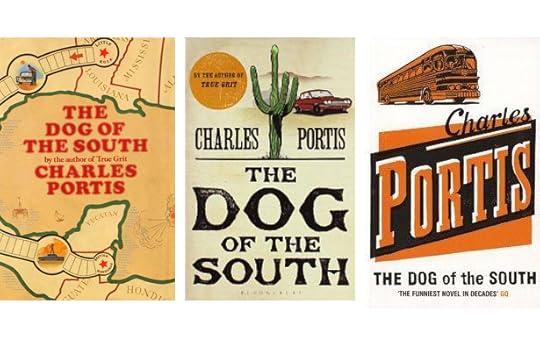What do you think?
Rate this book


246 pages, Paperback
First published January 1, 1979


‘Whenever that kind of thing came up, he would always say – boast, the way those people do – that he had no head for figures and couldn’t do things with his hands, slyly suggesting the presence of finer qualities.’
‘I ordered roast beef and I told the waitress I wanted plenty of gristle and would like for the meat to be gray with an iridescent rainbow sheen.’
‘The desert road was straight and the guidebook said it was boring but I didn’t find it so. I was interested in everything, the gray-green bushes, the cactus, a low brown hill, a spider crossing the road.’
‘The doctor had deposited bits of gray snot on every page and these boogers were dried and crystallized.’
‘Ruth didn’t like the Americans but he, Webster, rather liked them, even if they did keep him hopping with their endless demands for ice and light bulbs and towels and flyswatters. Even the wretched hippies expected service. It was in their blood.’
‘Webster Spooner was in front of the hotel dancing around the tomato plant and jabbing the air with his tiny fists. He too had attended the matinee showing of the Muhammed Ali fight.
“I’m one bad-ass nigger,” he said to me.
“No, you’re not.”
“I’m one bad-ass nigger.”
“No, you’re not.”’
‘She made a cheery progress from bed to bed, in the confident manner of a draftdodger athlete signing autographs for mutilated soldiers.’